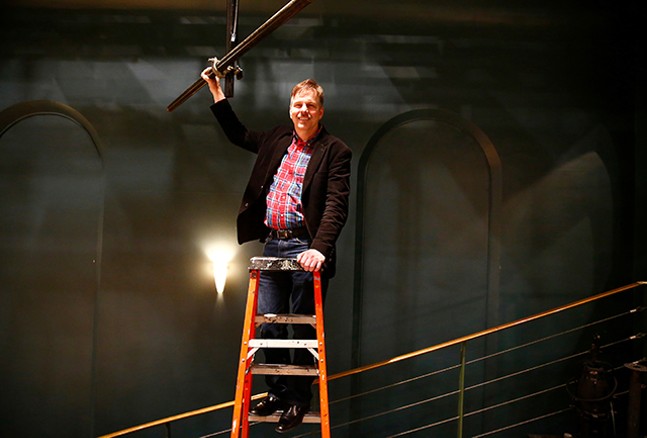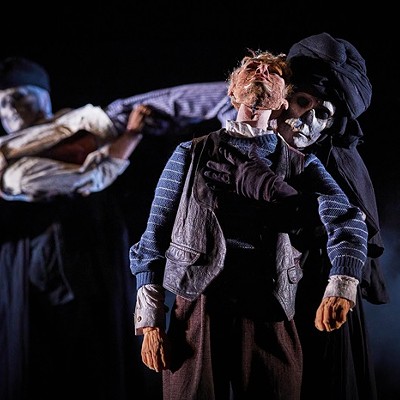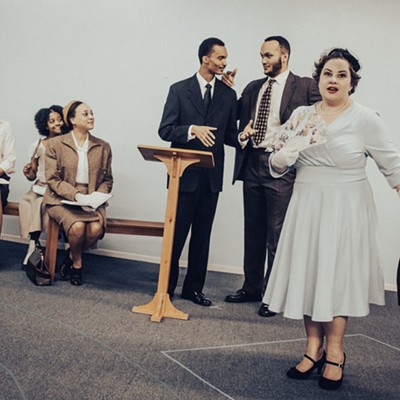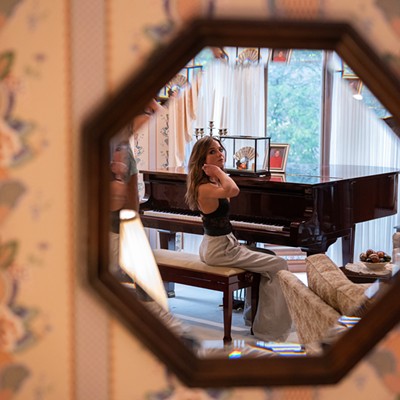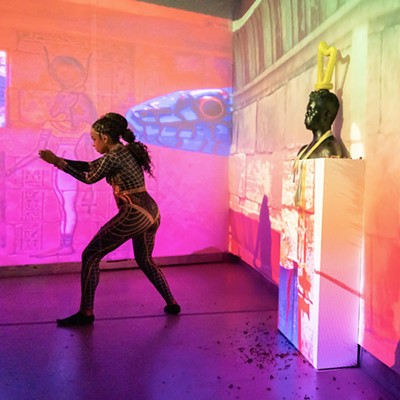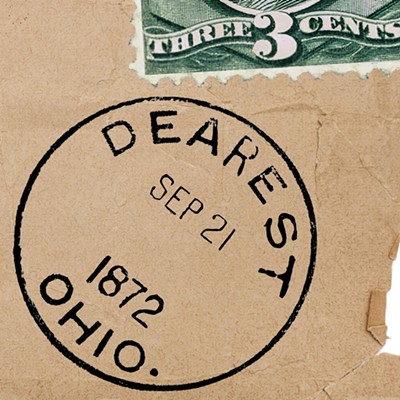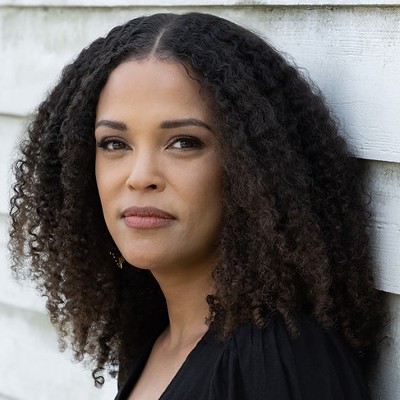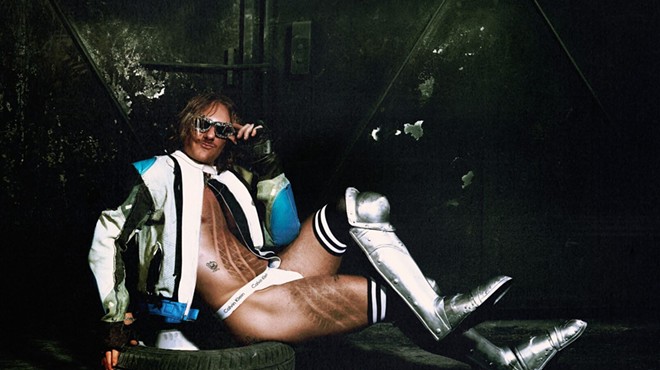Shedding light on one of the most technical jobs in theater
Name: Andrew David Ostrowski, Lawrenceville
Work: Lighting Designer
Recent Work: Pittsburgh Opera, Pittsburgh Civic Light Opera, Point Park University, City Theatre Company, Pittsburgh New Music Ensemble, Front Porch Theatricals, barebones productions, Grove City College
Upcoming Work: We Are Among Us at City Theatre; Bright Star at Front Porch Theatricals; Pittsburgh New Music Ensemble; Edinburgh Fringe Festival
What is lighting design?
I’m a storyteller, but my storytelling is non-verbal. I give people the ability to see, where to focus. Subliminally, I can affect their mood. They don’t realize how light affects them emotionally, viscerally. They may see a beautiful sunset, or the clouds part and it’s a blue sky. Those are fleeting moments. They don’t realize how often that happens and how it affects their mood.
A horror movie is a great example of how light can affect you. Most often there’s darkness, and the darkness makes you feel anxiety, and then all of a sudden a light turns on and … bam!
And how do you bring this into a theater?
I have the bonus that the majority of the time my audience is in a captive box, as part of a world that I give people the ability to see within.
I look at my job as multilayered. “Look here, this is the important part. Let’s round out the picture, let’s make it a little more expansive, and let’s give it a little finesse.”
And it’s not always replicating real life situations?
When you have a piece of fantasy, you have a little bit more freedom or artistic license. On a naturalistic piece like Death of a Salesman, the light has to be realistic.
What’s your process?
I read the script just to read. I want to know the story. I want to know who these people are. A couple of days later, I reread. Then within a couple more days, I have pen, paper. I’m ready to write down specifics, statements, and or questions. By then I have a better understanding of the play and feel confident in my choices. This will allow me to enter into the next realm — talking with other designers, the director, bouncing all those ideas across the table, seeing how people respond.
Does there come a point when you can watch and appreciate, not as the lighting designer, but as the audience?
Eighty-five percent of the time, yes. I think everyone in our business has a critical eye to their own work. Most of the time I can sit back and enjoy, but it depends on how long the process was. Sometimes you can fine-tune things.
How did you get started?
In high school, I was part of the stage crew and I went off to college for computer science at Slippery Rock University. I [found] out that there’s a dance company and a theater company and after that, it just became, “I want to spend more time doing that.”
And now you’re spending all your time doing it, collaborating with everyone in town.
Wow, thank you. Theater is collaboration. When you walk away and you’re like, “Wow! That whole collective was a finely tuned machine believing in the same vision.” I know you probably don’t realize how much of a hockey fan I am.
Oh, tell me.
Sometimes I look at sports teams and theatrical teams as the same thing. The coach is the director, the team plays underneath, the designers, the actors, the technicians, the support. There has to be a cohesive clear vision, and when that happens, everyone can respond.

